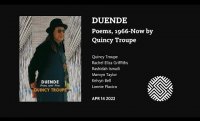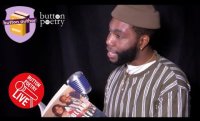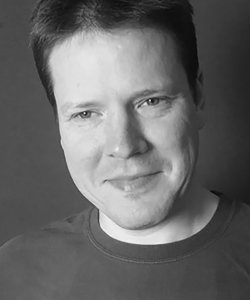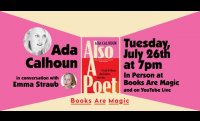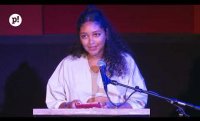As 2022 winds to a close, give your writing one last chance to shine this year by submitting to contests with deadlines of December 15 and December 30. Awards include a seven-month residency at the Fine Arts Work Center in Provincetown, Massachusetts; a weeklong residency at Millay Arts in Austerlitz, New York; publication of poetry and nonfiction books; and $3,000 for a published debut novel. All contests offer a cash prize of $500 or more. We wish you success, writers!
Center for Book Arts
Poetry Chapbook Contest
A prize of $500 and letterpress publication by the Center for Book Arts is given annually for a poetry chapbook. The winner will also receive 10 copies of their chapbook and an additional $500 to give a reading with the contest judge at the Center for Book Arts in New York City in fall 2023, and a free weeklong residency at Millay Arts in Austerlitz, New York, during the Wintertide Rustic Retreat. Deadline: December 15. Entry fee: $30.
Codhill Press
Pauline Uchmanowicz Poetry Award
A prize of $1,000, publication by Codhill Press, and 25 author copies is given annually for a poetry collection. James Sherwood will judge. All entries are considered for publication. Deadline: December 30. Entry fee: $30.
Essay Press/University of Washington Bothell
Book Contest
A prize of $1,000 and publication by Essay Press will be given annually for lyric essays, prose poems, and works of experimental biography and autobiography that “challenge the formal possibilities of prose.” The winner will also be invited to read at the University of Washington Bothell in downtown Seattle; all travel expenses will be covered. Collaborative, digital, and hybridized work, including text and art, are eligible. Deadline: December 15. Entry fee: $20 (or $25 to receive a copy of a previous or forthcoming Essay Press book).
Fine Arts Work Center in Provincetown
Writing Fellowships
Fellowships for a seven-month residency at the Fine Arts Work Center in Provincetown, Massachusetts, are given annually to four poets and four fiction writers who have not published a full-length book in any genre. Each fellowship includes a private apartment, a monthly stipend of $1,000, and an exit stipend of $1,000. Deadline: December 15. Entry fee: $50.
Longleaf Press
Book Contest
A prize of $1,000, publication by Longleaf Press, and 25 author copies will be given annually for a poetry collection. The winner will also be invited to give a virtual reading in early 2024. Roger Weingarten, Longleaf’s editor in chief, will judge. Deadline: December 15. Entry fee: $27.
Story
Story Foundation Prize
A prize of $1,500 and publication in Story is given annually for a short story. Deadline: December 15. Entry fee: $25 (which includes a subscription to Story).
Virginia Commonwealth University
Cabell First Novelist Award
A prize of at least $3,000 is given annually for a debut novel published during the current year. The winner and two additional guest panelists (usually the winner’s agent and editor) also receive lodging and travel expenses to attend the First Novelist Award event night at Virginia Commonwealth University (VCU) in fall 2023. A committee of VCU faculty and MFA candidates will judge. Deadline: December 30: Entry fee: none.
Visit the contest websites for complete guidelines, and check out the Grants & Awards database and Submission Calendar for more contests in poetry, fiction, creative nonfiction, and translation.





